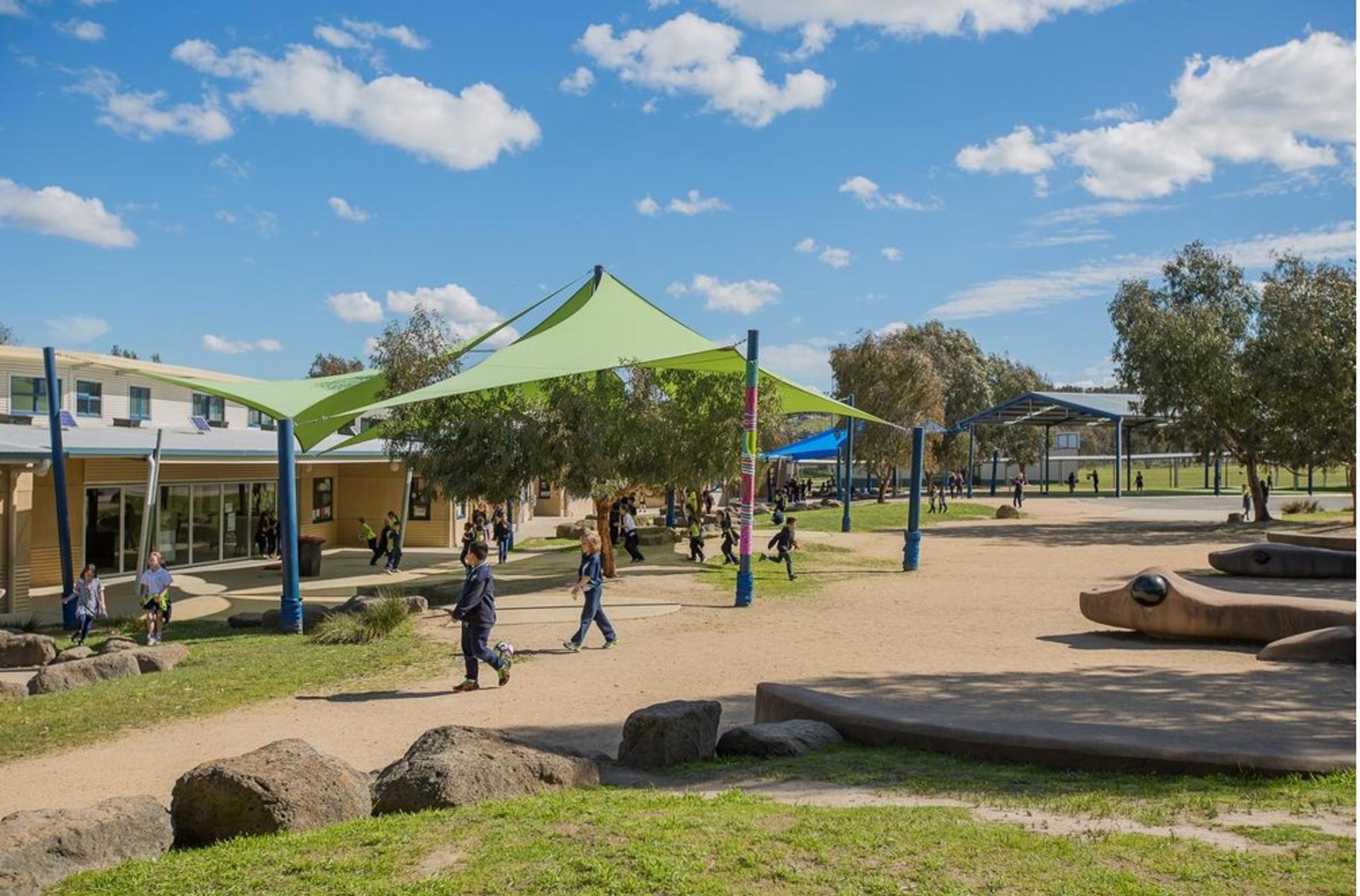Prep Program - Semester 2

English
Students continue to develop their skills in all areas of English by participating in a wide variety of literacy experiences. Students identify and record sounds in words when writing and begin to apply simple punctuation when creating sentences. They practise forming letters correctly, focusing on the shape, size, entry and exit points. Through shared, guided and individual book experiences, students gain knowledge of a wide variety of reading strategies and apply these skills when decoding texts and gaining meaning. Students are encouraged to contribute to whole group discussions and given opportunities to ask questions. They are directed to use spoken language appropriately when sharing work and reflecting on their learning.
Mathematics
Students continue to build on number concepts including counting, comparing and forming sets of objects. They model addition and sharing using hands-on materials and pictorial representations. Students explain or demonstrate how an answer was obtained, applying a range of strategies. They explore a range of informal measurement and explain reasoning in everyday language. Students describe position and movement including giving and following simple directions. They collect and represent information in simple data displays and answer questions related to the information presented. Students represent simple, everyday financial situations by using toy money to pay for goods in play situations.
Humanities & Science - Inquiry
Students explore the topics of ‘Terrific Toys’ and ‘Fun on the Farm’. They study the basic needs of living things through farm animals including chickens and plant growth. Students look at a variety of farms and compare differences and similarities. They investigate a variety of toys and their purpose in the past and present. They discover how toys move, how they are powered and the materials used in their construction. They are given opportunities to use their imagination and creativity, making links with their learning. Students attempt small projects and reflect on themselves as learners. They are encouraged to solve problems both independently and collaboratively.
Health and Physical Education
Students explore how regular physical activity keeps them fit and healthy. They learn the importance of following rules to ensure safety to themselves and others when participating in games and activities. Students begin to develop an understanding of physical changes to their bodies as they grow and develop. They participate in movement challenges, describing how their body moves in relation to effort, space and time. Students continue to practise a range of fundamental skills using different body parts.
Performing Arts
Students explore sound through movement, singing, dance, percussion instruments and drawing. They begin to learn about the essential elements of music making including beat, rhythm, pitch and tempo, and use instruments to create music. They respond to music and explore feelings through dance, movement and song. Students will learn short dance routines, rehearse and also perform using some of the fundamental elements of dance.
Visual Arts
Students focus on developing various techniques through the Visual Arts elements of line, colour, shape, texture, value and space. They observe techniques used by artists from a range of social and historical contexts and plan and create their own visual art works. Students participate in the areas of drawing, collage, painting, textiles and construction. They use ideas and concepts taken from themes and visual stimuli from a range of cultures and social contexts to explore, create and express their ideas.